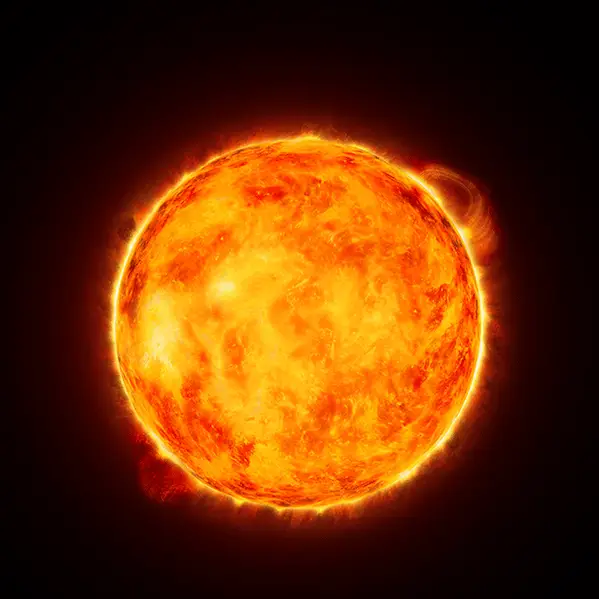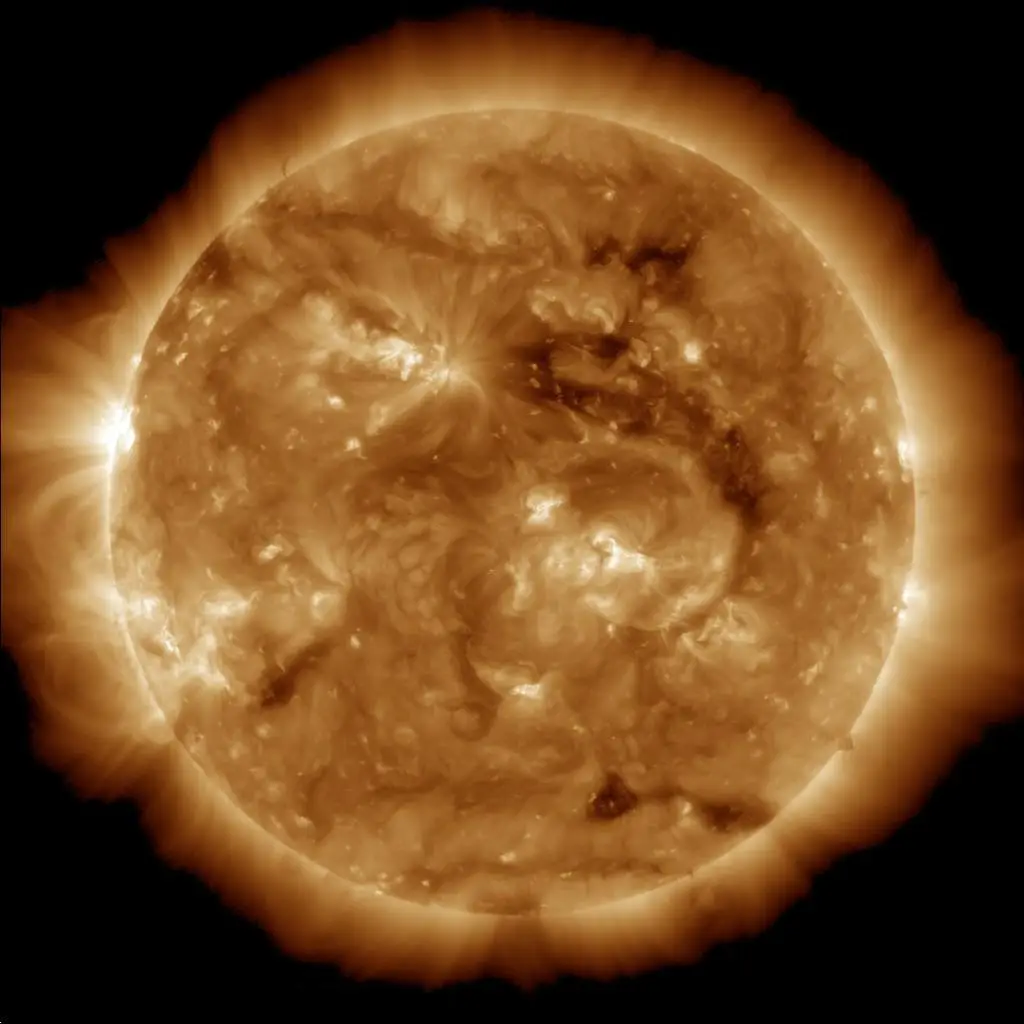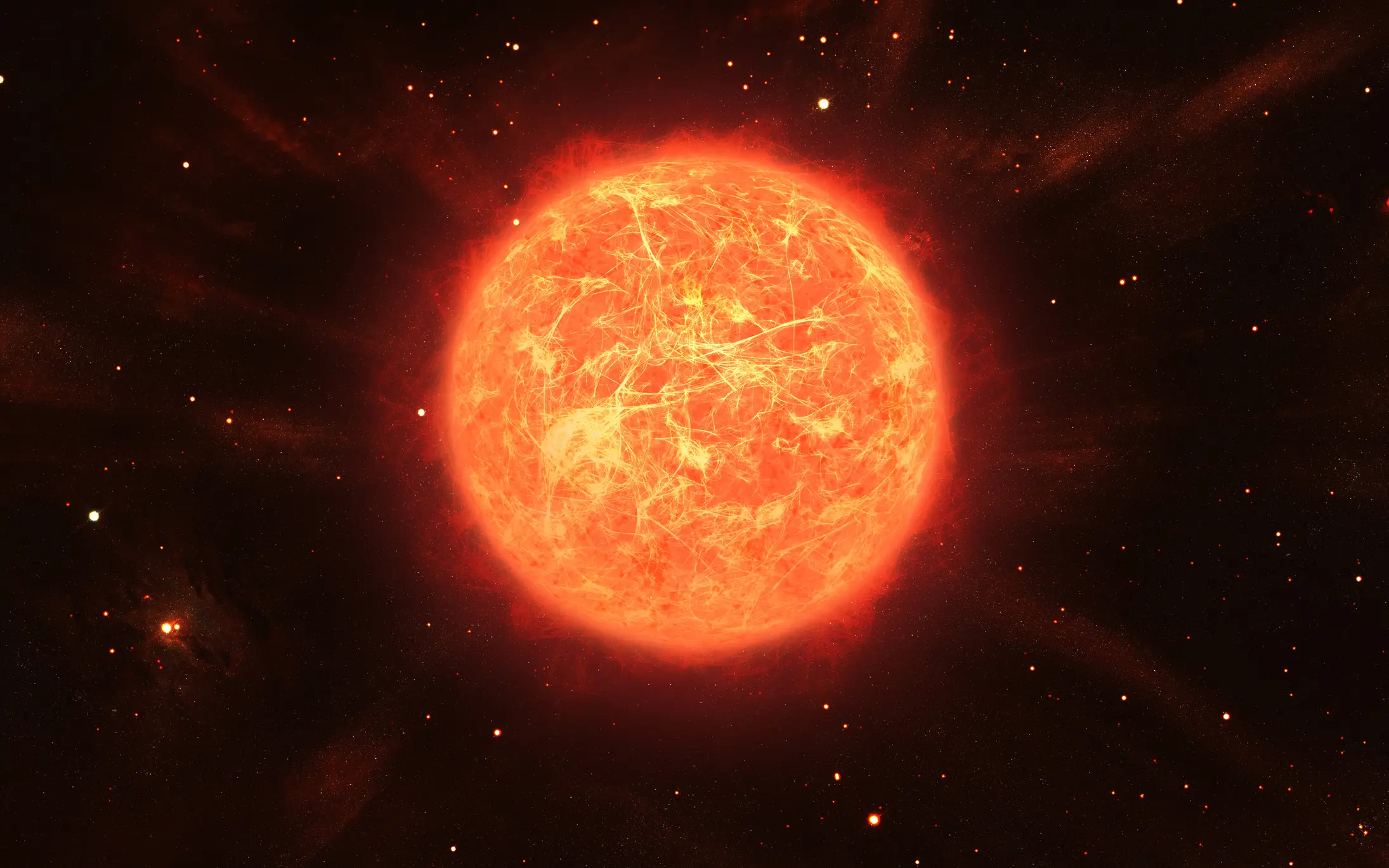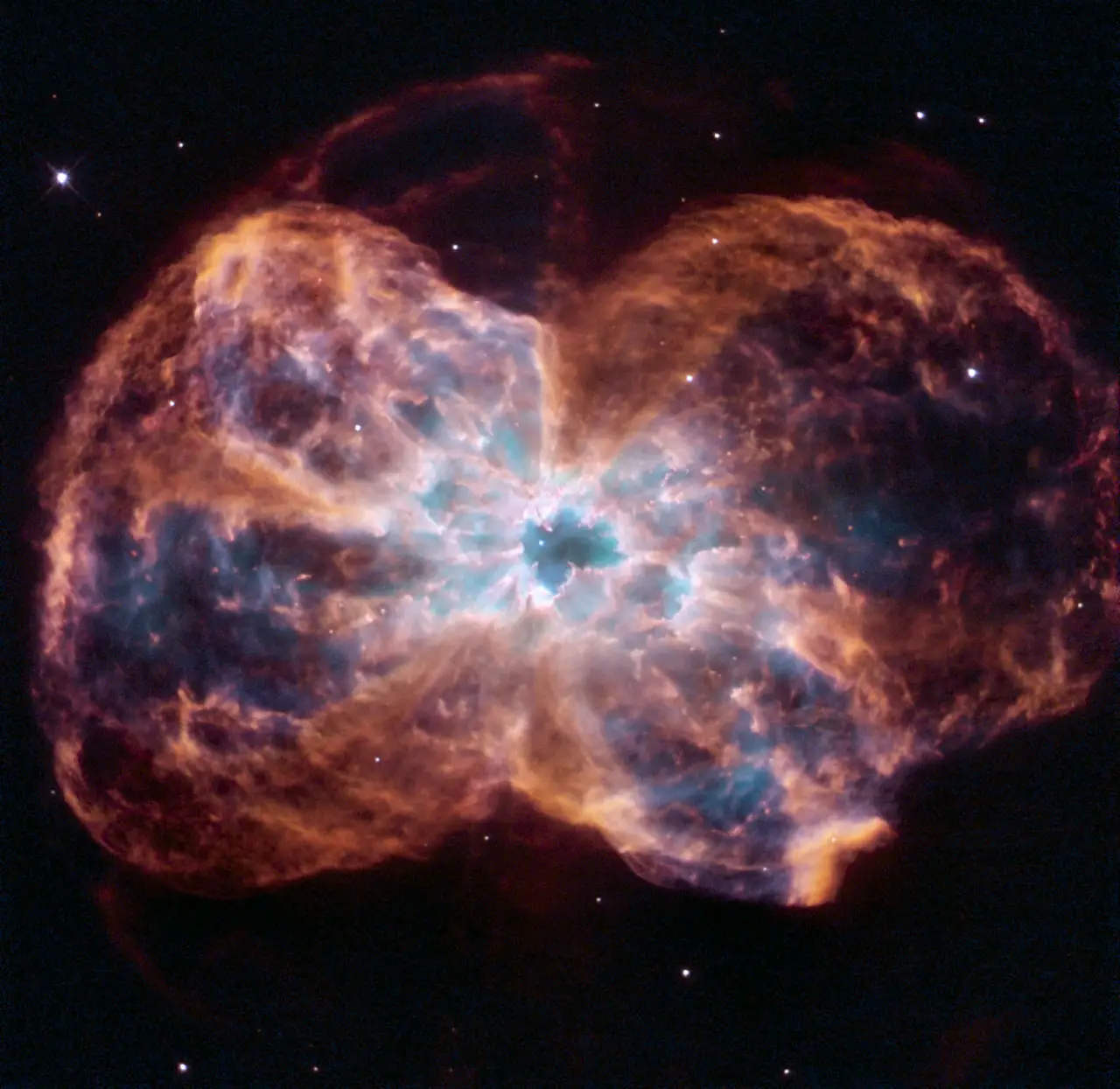
They say all good things must come to an end, and that's even the case with our own solar system.
After all, almost nothing in the universe stands still, and all the planets in the cosmos are on their own journey through life.
Take our host star, the Sun. It seems pretty special to us, but it's a star like many others - one that will eventually die, even if we're still some seven billion years away from that point.

Advert
A new visual report from American website BigThink, with images from NASA, has laid out in fascinating detail what will happen to the planets in our solar system as the Sun goes through a massive metamorphosis, changing from its current form into a huge red giant and eventually burning out.
The first key step is that the Sun will expand massively, swelling in size to actually absorb the planets closest to it - Mercury and Venus will likely be completely destroyed by this process.
Earth is apparently far away enough that it's not certain whether it would be sucked into the Sun, or will rest just outside its pull - either way, though, it'll inevitably be turned into a roasted wasteland.
While science fiction often thinks of a dying Sun as getting dimmer, in reality there would then be a long phase when the Sun will shine more brightly than ever, by a huge margin, although no life on Earth would survive to see it happen.

The enormous rise in energy given off by the Sun would massively affect the remaining planets, evaporating their atmospheres completely - so even if we had managed to settle them by this point, it would certainly be an extinction event.
Next would come perhaps the most dramatic moment, when the Sun would turn into a nebula, shedding layers of mass outward and looking pretty jaw-dropping. The expectation is it would emit waves of energy, blasting Uranus and Neptune out of orbit, effectively ejecting them from the solar system.

From here, the remains of the Sun would contract and become a white dwarf, shining on but inevitably dimming over trillions of years, but with some of the surviving planet cores still around it - those of Mars, Jupiter and Saturn, with no atmosphere to speak of.
That's a pretty bleak ending for what currently feels like a vibrant solar system that we still have to explore, but it's worth clinging to the knowledge that it's billions and billions of years away for now - who knows where humanity will be by then.